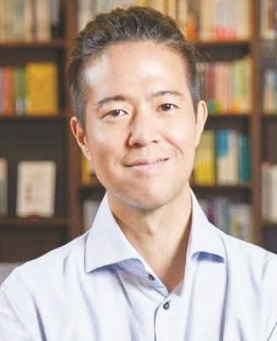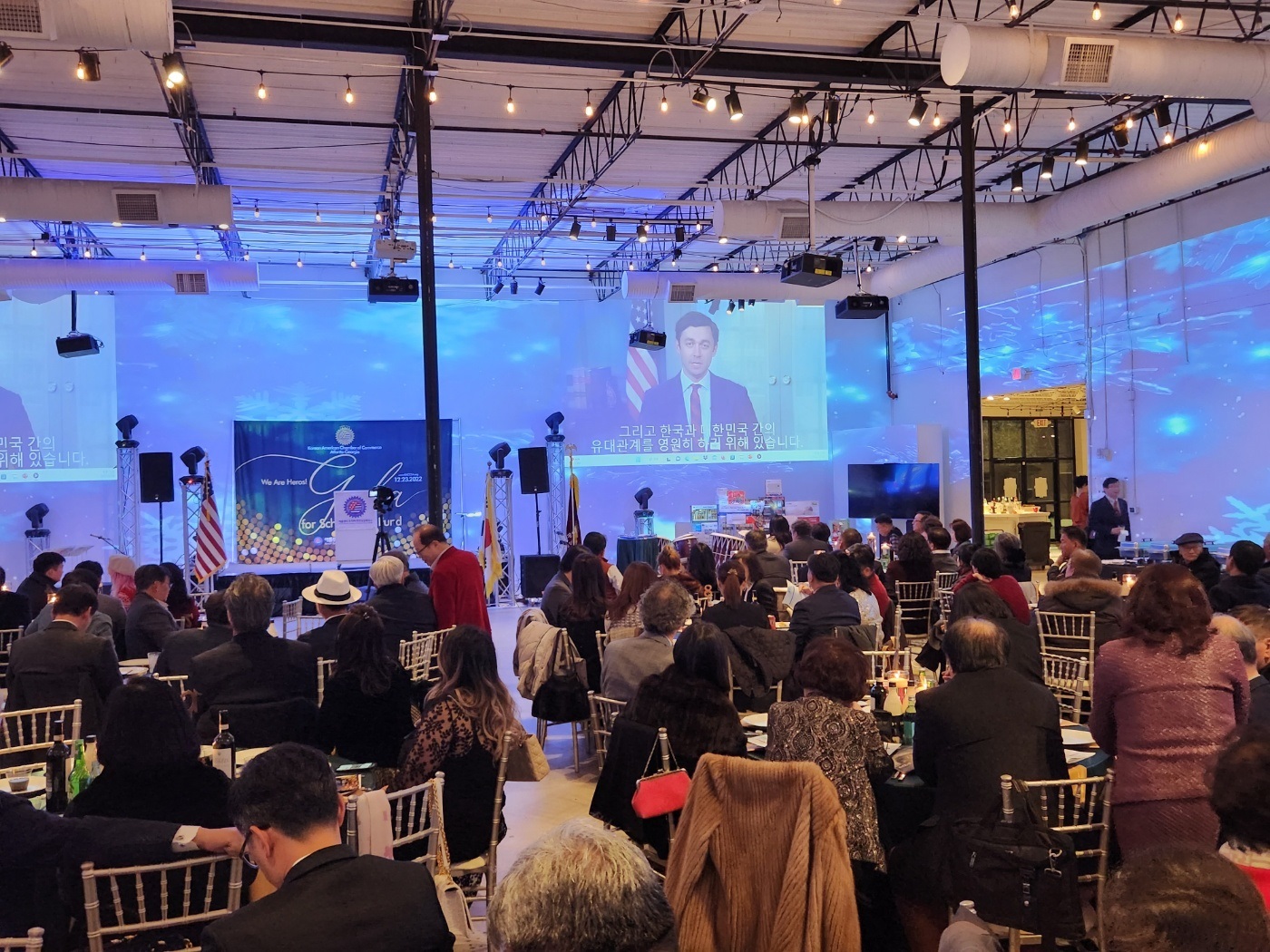
By Joseph Juhn
The author is a documentary filmmaker of “Jeronimo” and “Chosen”.
[Diasporic Perspective]
It’s gala season, and New York is bustling with year-end gala events organized by various non-profit Korean American organizations every week. I’ve attended a few myself. These organizations use the funds raised at the galas to establish budgetary foundations for addressing social causes they each aim to resolve.
The types of causes vary, from advocating for the rights of Asian Americans, providing scholarships for Korean American youth, supporting low-income families, to advocating for permanent residency of Dreamers.
Typically, galas honor individuals who have served and dedicated themselves to the Korean American community and the local community. They are awarded with commendations, which they rightfully deserve. Inviting public figures to share their stories is also common, ranging from elected Korean American politicians to Korean American actors in Hollywood, or successful Korean American executives from major corporations.
While they may present themselves as confident leaders in mainstream society, at these galas, they reflect on memories of being immigrants or children of immigrants, often from humble beginnings. As I listened to episodes that most Koreans can empathize with, suddenly, a memory from four years ago came to mind.
In October 2019, the national convention of KAC (Korean American Coalition), one of the oldest grassroots organizations in the U.S., was held in Atlanta. At that time, a guest from Korea, invited by the organizers, after spending a few days attending conference programs, told to me during the gala on the last day, “Why do Korean Americans show such conscious desire to help each other and unite for the community? It’s truly fascinating.”
His confession carried a sense of bewilderment and awe. It sounded like a self-reproach for not having seriously deliberated on matters outside of his own interest, let alone the development and strengthening of the community.
Perhaps his involvement with the community may have been limited to groups with similar academic backgrounds, regional ties, or economic interests. Therefore, the collective desire of Korean Americans in actively seeking positive interdependence with others might have seemed special.
Of course, the Korean American community and Korean American non-profit organizations are far from being perfect. There are competitions and conflicts among immigrant churches, persistent rumors that surface during Korean American association elections, communication breakdowns between the first and second generations, and political ideological differences due to the division of the motherland.
However, despite these shortcomings, Korean Americans inherently share humble memories as immigrants, children of immigrants, and ethnic minorities. These memories could include the initial economic hardships of immigration, experiences of discrimination as a racial minority, or the sense of alienation as perceived “foreigners”. If our collective memories of humble beginning provide grounds for unity, the understanding of our shared sense of destiny as Korean and Asian Americans provides reasons for continued solidarity and collaboration.
What stands out is the emergence of leadership among second and third-generation Korean Americans, envisioning a more expansive and inclusive Korean American community. In the galas they spearhead, individuals traditionally marginalized within our community, including adopted Korean Americans, biracial Koreans, LGBTQ members, and those from diverse AAPI and people of color backgrounds, come together harmoniously.
Perhaps what truly intrigued the observer from Korea was this: the Korean American community’s capacity to transcend the common “Korean” ethnicity, and genuinely seeking the essence of community. As I sat in one of the galas, my heartfelt wish was for the ongoing growth and enduring vitality of this vibrant and diverse Korean American community.





